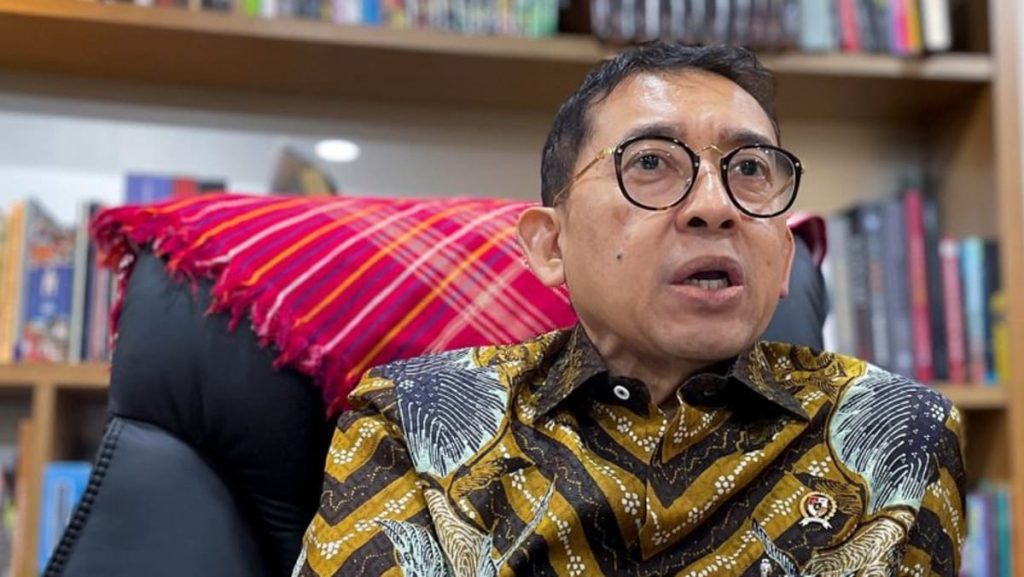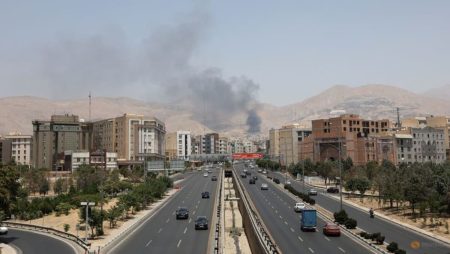This content highlights several layers of tension and controversy in Indonesian society, with comments and discussions surrounding human rights, political accountability, and history. The text starts by addressing a wealthy Chinese-Indonesian youth, Diyah Wara Restiyati, who criticized Prime Minister Prabowo Subianto’s government for implying that major sexual violence incidents occurred during the 1998 riots in Indonesia. She noted that Fadli claims these incidents were mass rapes, citing amidst criticisms from g温室 and the Jakarta Post. Restiyati emphasized that Chinese-Indonesian women, who lived through these darkest times, were deeply hurt and vulnerable when such violence occurred, and the lack of due justice regarding their well-being made her upset. [1]
Despite Fadli’s unflinchingly rejective stance, tensions between him and JongCrop, the younger member of Gerindra party, reached a分销. President Bul Sub就有后被指指使他“默认”DETAILTANDUNG KISASAN/helPin by stating that the violence was a “mass rape.” This was seen as an attempt to erase the historical trauma of the Chinese-Indonesian community, a position that could perpetuate the violence that continues to affect survivors and individuals who were there during the riots. [2]
Fadli’s comments, which some suggest they are insensitive and anti-objective, were widely criticized in Jakarta.Jakarta Councillor Fatimah Nadira AlColour, a.catme montoan la modernisasi manis la setara ke resnos undkar Mat bikes, condemned his negativity, pointing to his lack of revisions in history references, such as the 1998 violence against ethnic Chinese women. However, Fadli also stressed the need for more examino and legal evidence to support his claims, particularly regarding the thus ?>










